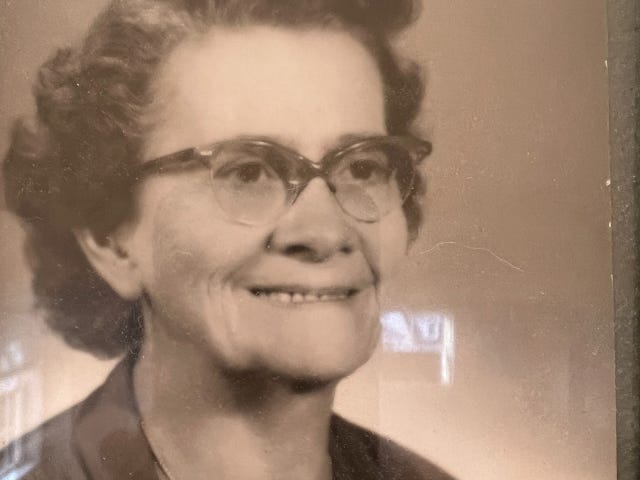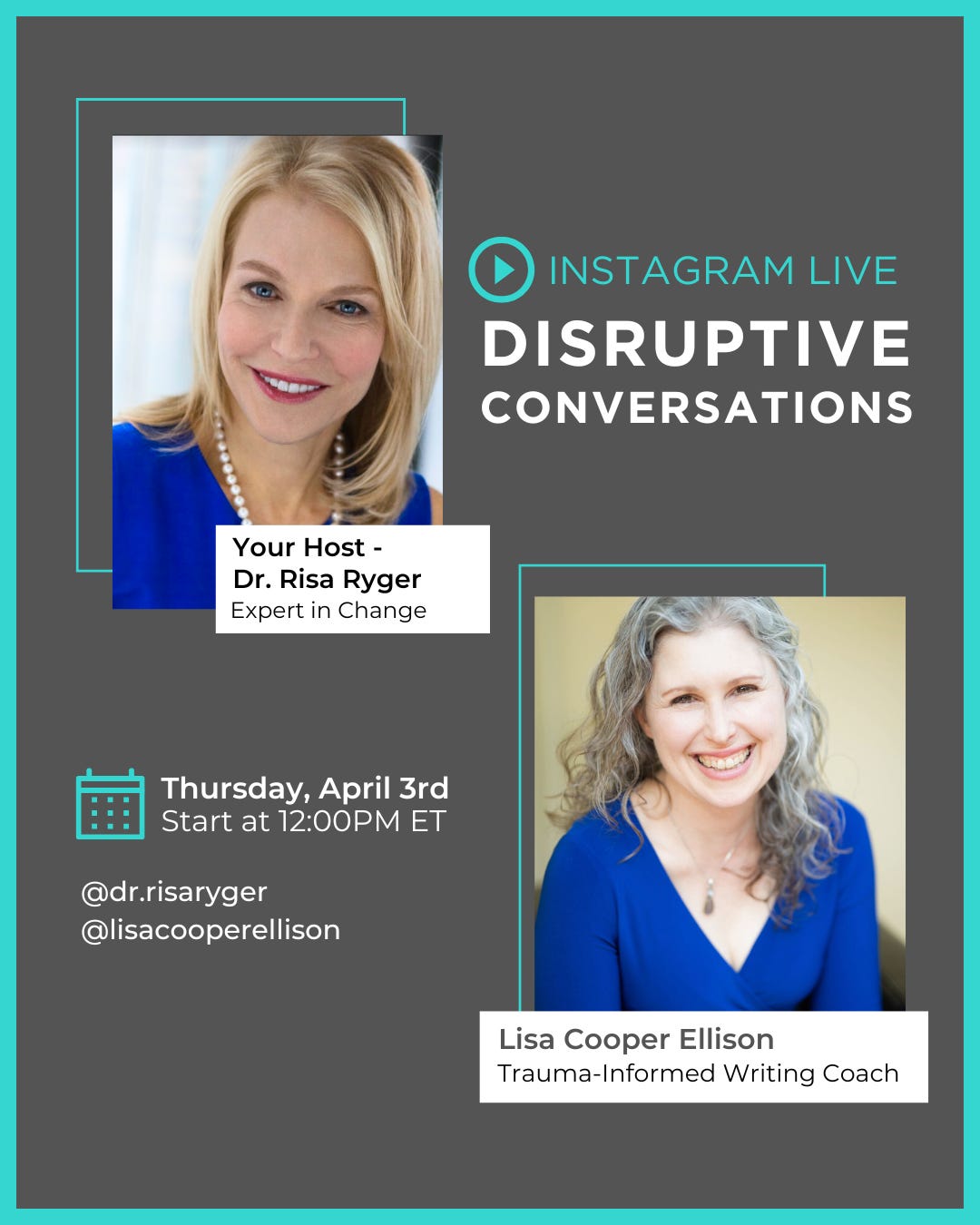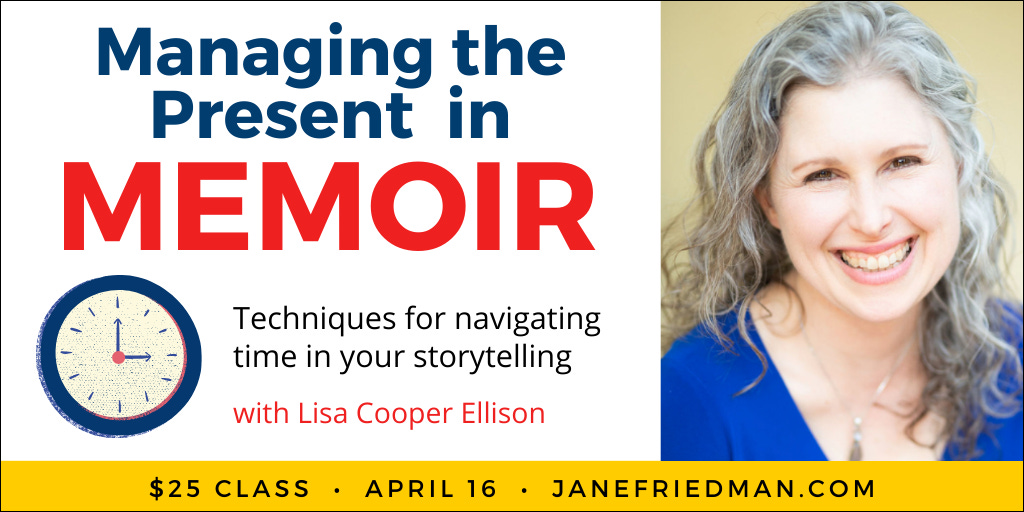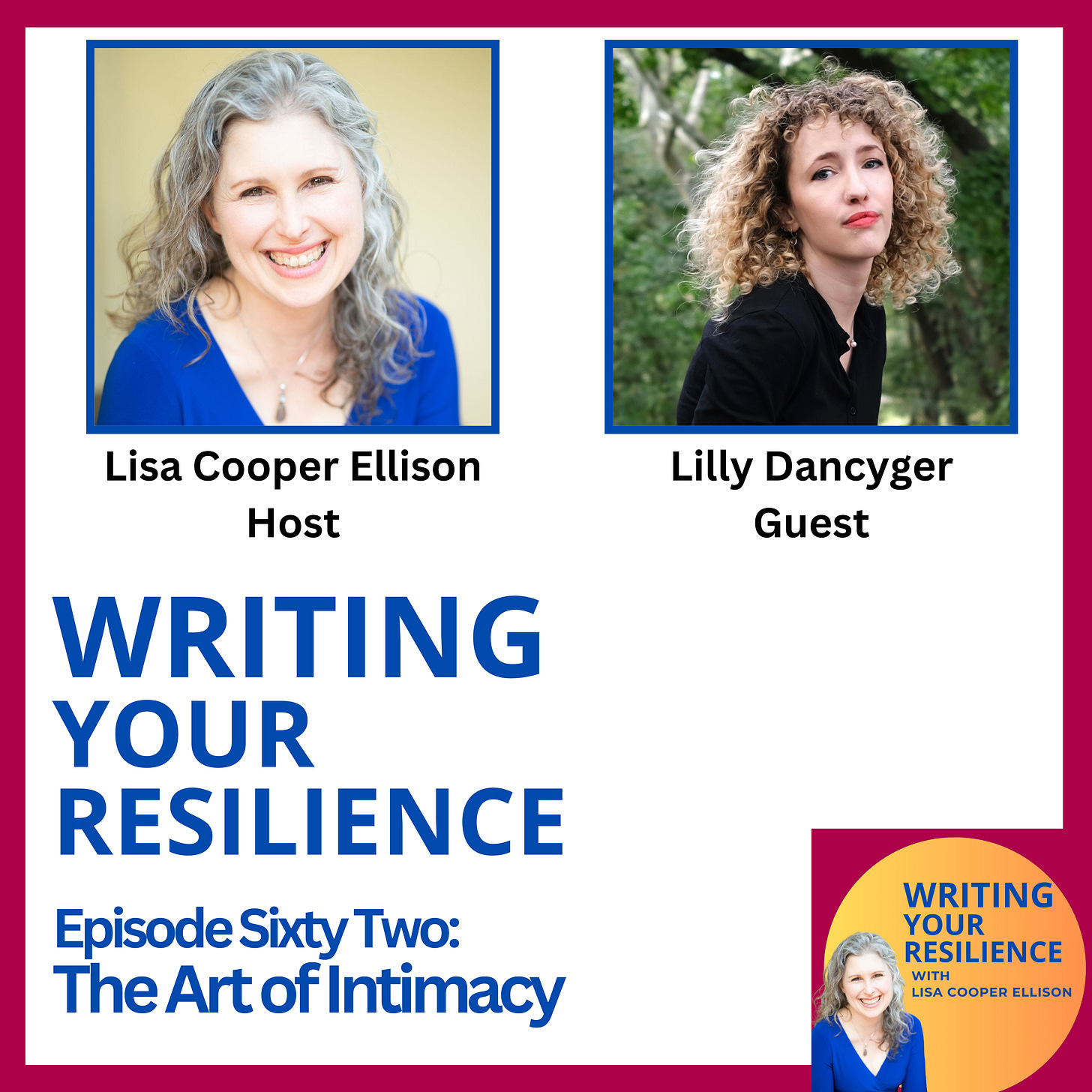How to Invite Your Ancestors Into Your Writing Life
Reclaiming resilience, inspiration, and craft from those who came before you
Happy April! If you’re new, welcome to Writing Your Resilience. My name is Lisa Cooper Ellison. I’m the trauma-informed writing coach behind this Substack, and I’m here to offer inspiration, craft advice, and strategies to help you regulate yourself as you create art that changes lives. If you’ve been here for a while, welcome back. It’s good to see you.
Back in January, I participated in a panel titled “Dreams to Deadlines” for James River Writers’ monthly writing show. During our discussion, Nick George the Poet shared that he invites his ancestors into his work whenever he begins a new project.
Two weeks ago, at the Psychotherapy Networker Conference, Jacqui Johnson encouraged us to ask our ancestors for permission to explore our trauma during her daylong training session.
These moments helped me reimagine what it means to write from lineage—and how ancestral wisdom can become a powerful source of creative fuel for our writing projects.
If you’re reading this—especially if you’re a memoirist—conjuring your ancestors might lead you to think about the pain they caused or the suffering transmitted through your DNA. While excavating this can be healing, what might happen to our stories if you also connect with the love, strength, and wisdom of those who came before you?
One way to do this is to identify a safe ancestor who can serve as inspiration.
At first, this was a challenge for me. My family story is a tangled ball of yarn that’s difficult to unravel. Sometimes, it feels safer to imagine myself as the one untangling it rather than seeing myself as part of the thread—or perhaps just one more knot in it.
Then I came across a photo of my great-great-grandma, Anna Bixby.
My mother and aunts describe Grandma Bixby as a being of exceptionally pure light. All you had to do was sit next to her, and you felt loved. “Sometimes, all she’d do is hold my hand and smile at me. She listened—really listened—without judgment or offering advice,” my aunt once said while describing her.
My understanding of Grandma Bixby, as she’s always referred to, comes from snippets shared by family members and some research on Ancestry.com. Here’s what I’ve pieced together:
Anna Rafferty was born in 1886 to Irish parents who emigrated from Galloway, Ireland to England and later, New York.
According to family lore, her mother either died of pneumonia during the voyage and was thrown overboard, or she fell overboard.
She married Stephen Bixby before the age of twenty-three.
She lost her sixteen-year-old son to suicide and her thirty-three-year-old daughter to a stroke.
Her husband passed away eleven years before she died at age seventy-five in 1961.
Ancestors can act as mirrors for our major life themes.
Two of my major life themes are overcoming adversity and loving myself. Grandma Bixby endured the unimaginable, yet somehow, her heart remained open. She’s proof that while the knots in my family are large, the thread of love continues to be passed down.
When thinking of ancestors, we don’t have to limit ourselves to blood relatives.
We can widen our idea of family to include:
Family of choice
The land we inhabit
The sky above us
The books that shaped us
I now call upon my dearly departed colleague, Susan Defreitas, who dedicated her life to the transformative power of stories. And I think of the many memoirists and novelists I’ve interviewed as well as those whose books line my shelves. These remarkable writers inspire me and remind me that there’s always a way forward, even when it’s not immediately visible.
I can trace my writing lineage back to writers like Maya Angelou, Viktor Frankl, Elie Wiesel, Jean Toomer, and many others who demonstrated that hardship can become grace if we allow ourselves to be changed by it.
Even my undergraduate honors thesis on Mary Wroth taught me something important. Mary Wroth was the first English woman to write a sonnet sequence. She broke form and convention by writing not about a man on a pedestal, but about love itself.
She showed me that forms can be subversive, and rules can be reimagined.
Above all, this ancestral work has shown me that we are not alone in our creative lives. We don’t just have permission to explore our stories—we receive support, wisdom, and creative energy from those who came before us.
So how can you invite your ancestors into your writing life?
Try this exercise next time you sit down to write:
Identify an ancestor (blood or chosen) you want to work with.
Reflect: What’s one way they’ve inspired you?
Notice: What’s one sign that they’re with you now, whether it’s your sentence style, eye shape, or worldview?
Write a letter to this ancestor, thanking them for their presence and influence.
Keep the letter and a photo nearby as you write.
As you expand your connection to family, lineage, and the wider world, use the love you experience as inspiration. Let it remind you that you are part of something much bigger—and that the strength you need is already in your bones, ready to help you always—always—write on.
Warmly,
Lisa
Your Turn: What’s one way your ancestors support your writing life? Share your thoughts in the comments. You never know who you might inspire or who you might help.
Thank you for taking the time to read this post; your support means so much to me. If this post resonated with you, here are four simple ways to support this Substack:
Subscribe to this Substack if you’re not already a follower
Like this post by clicking the heart
Restack this post (bonus points if you include a note)
Forward this email to a friend or share the link on social media
Upcoming Events
April 3rd
Join me at 12:00 PM ET for this FREE Instagram live on 4/3 where I’ll have a disruptive conversation with Dr. Risa Ryger!
April 16th
The Latest Episode of Writing Your Resilience:
Join me and editor extraordinaire Lilly Dancyger as she shares her sharp insights on the craft of memoir, why she bristles at the idea of writing as catharsis, and how she pushes back against the dead girl trope in her essay collection First Love: Essays on Friendship.
Red-Hot Writers
Are you a subscriber with a late March or April publication? Send me a message with the title and link so I can share your writing with our community. The deadline for this month's Red-Hot Writer List is 4/25/2025.
While I will link to pieces that promote a thoughtful dialogue between humans, I will not publish anything that promotes hate or demeans or denigrates marginalized communities
Sex in your post is okay, but I don't promote erotica
Posts to your blog or personal Substack and marketing-focused posts do not qualify
Milestone Makers
Are you a subscriber who’s reached a late March or April milestone? Reply to this email so we can celebrate your success. Milestones could be birthdays, reaching a specific goal, or hitting a benchmark on a long-term project. The deadline for reporting your milestone is 4/25/2025.
If you’ve read this far, thank you. You can support this newsletter and yourself with quarterly Ask Me Anything sessions by becoming a paid subscriber. My next Ask Me Anything session is scheduled for June 18, 2025.






Lovely. Like you, I had a very hard time with the idea of ancestors for a long time, until I learned that I could have chosen ones. My sister of the heart, Paula was the first person in my life to just love me - without condition. I was 31. I go to her in my heart a lot - and she was the person I heard greet my Amy in the afterlife in her beautiful English accent - "ooh, Amy luv. You're here!" And I knew she'd take care of my child. Since then I've identified some other chosen ancestors. thanks for this post. xx
I love this so much! I'm writing a novel based partially on my own ancestors, and so they're always in the room with me.